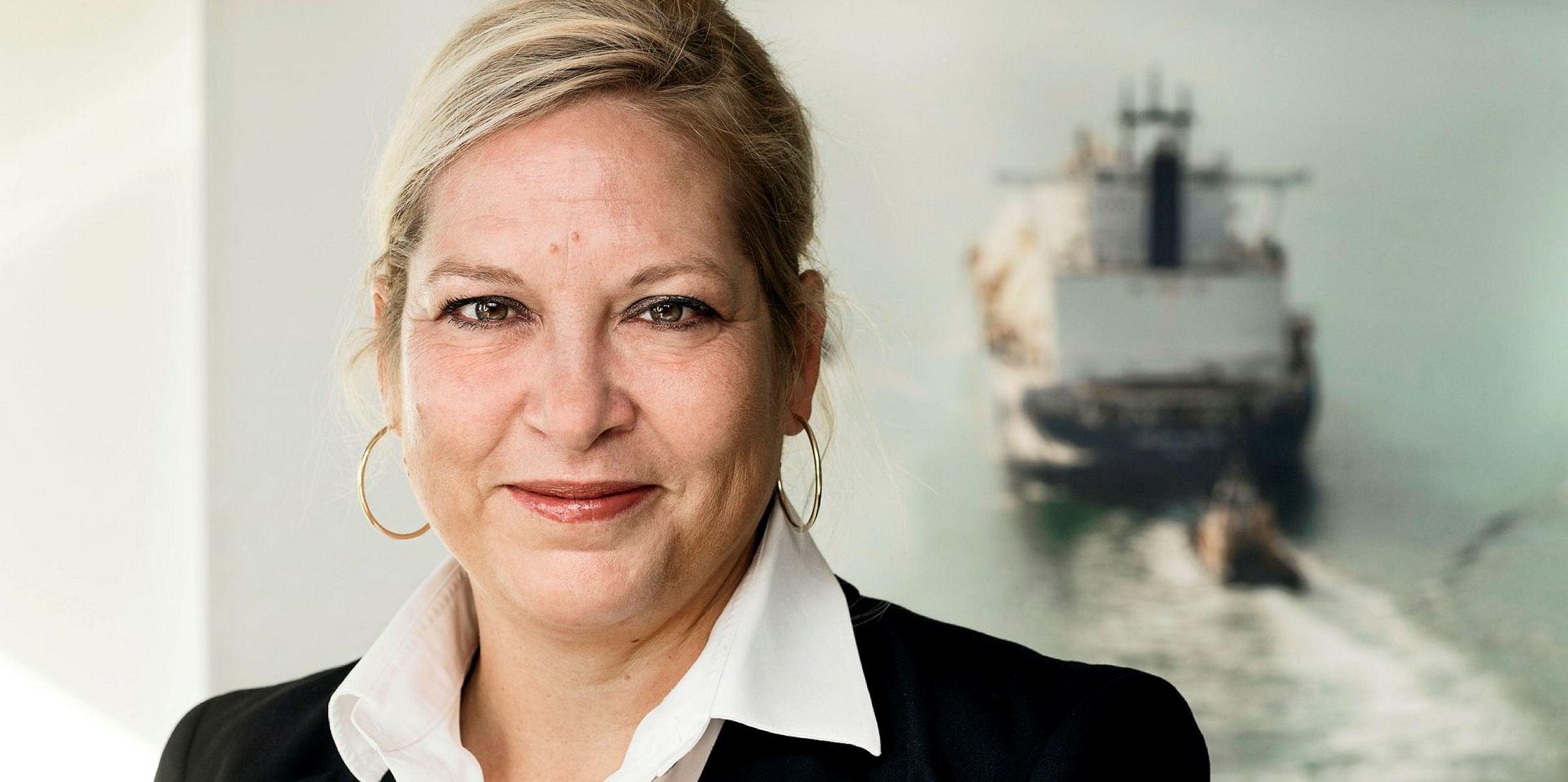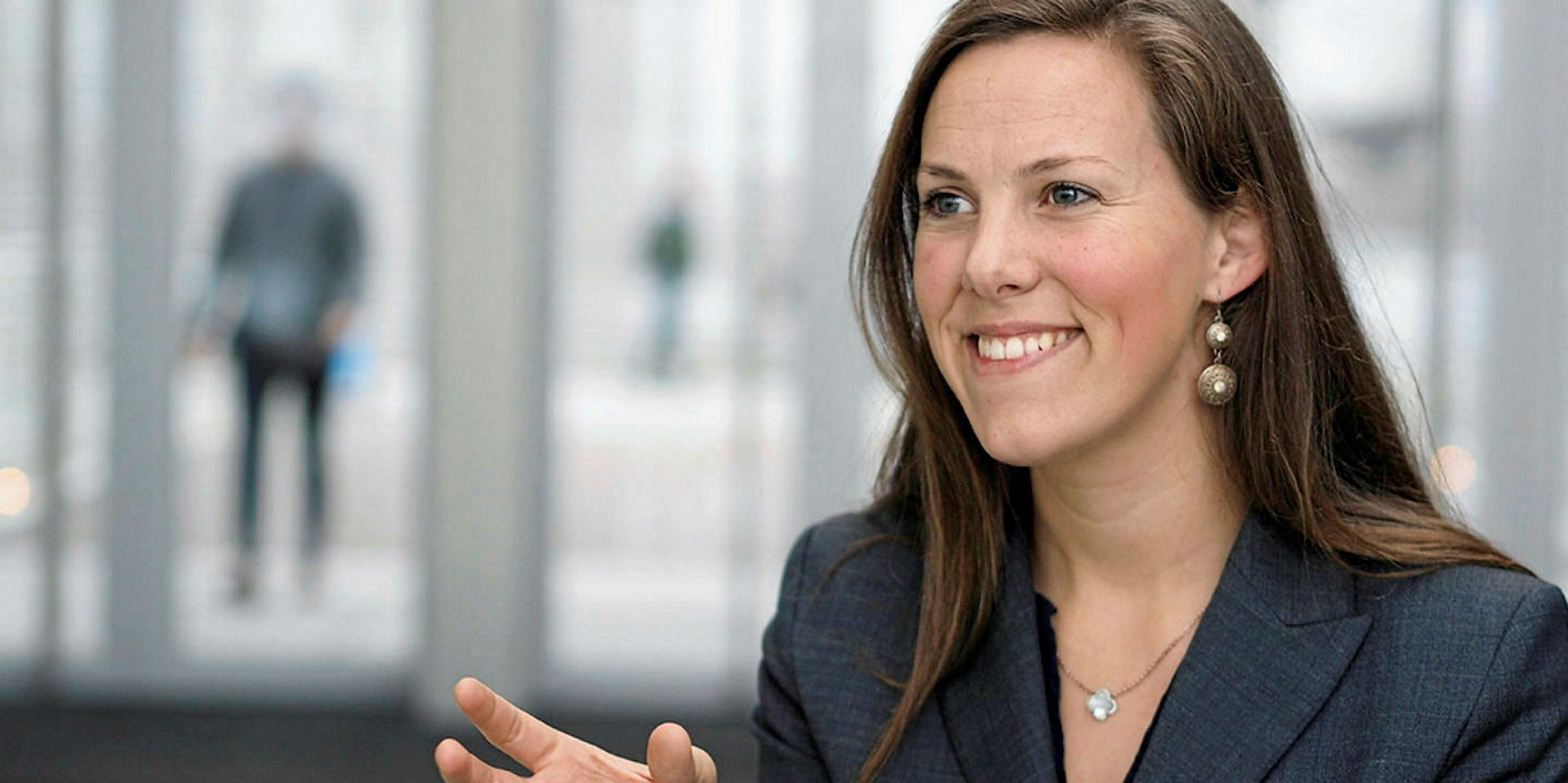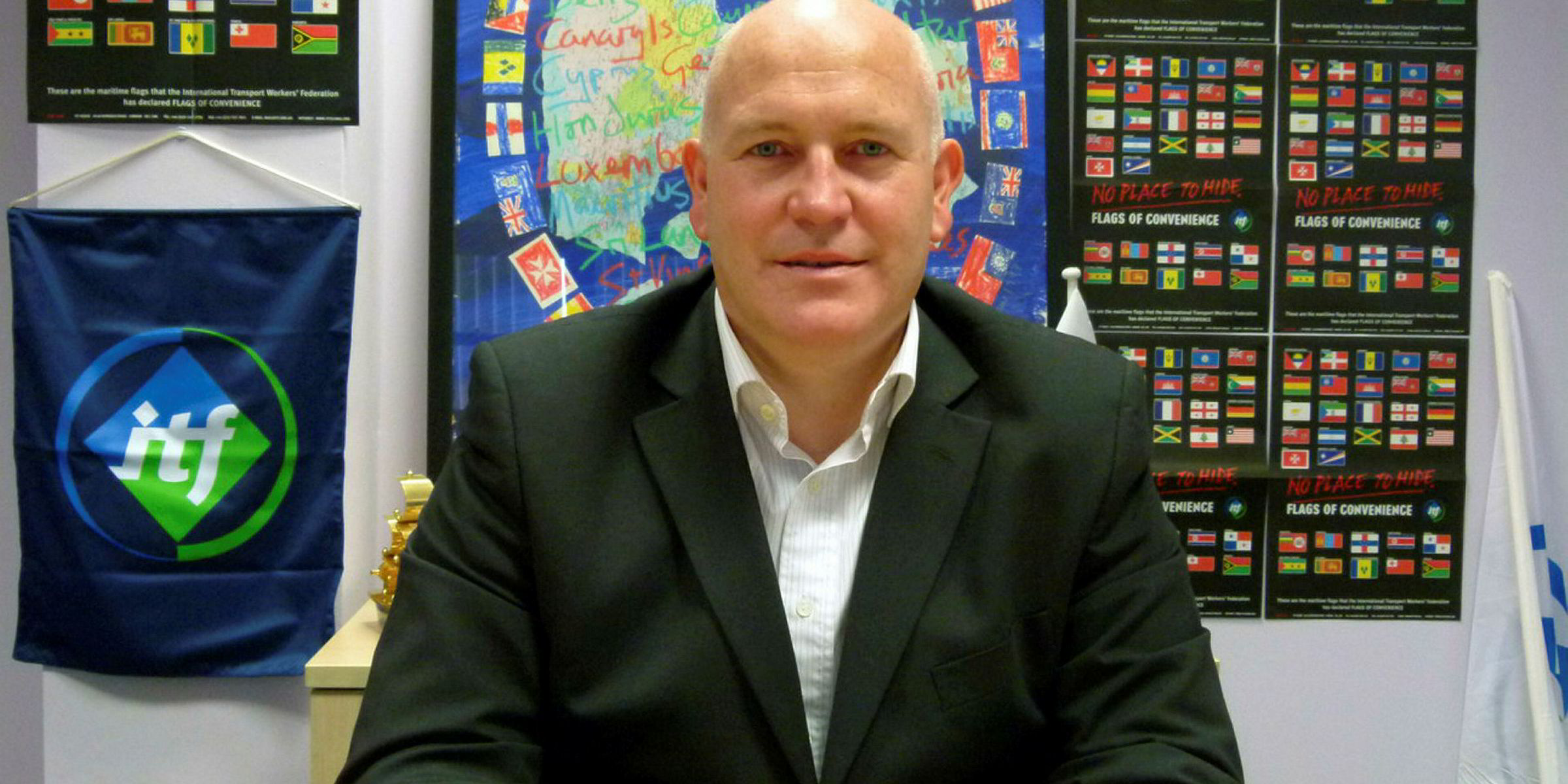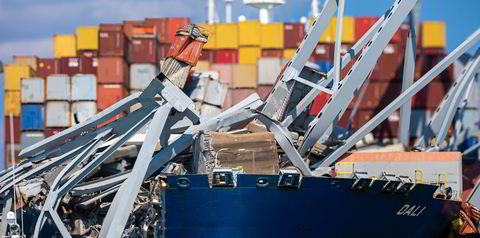World governments need to take steps to get the thousands of overworked seafarers off their ships now or else the consequences could be dire, speakers at the International Maritime Organization's event on the crew change crisis said on Thursday.
A dozen speakers from across government and industry called conditions for the seafarers stuck aboard their ships due to Covid-19 "unsustainable", "extraordinary", "at a breaking point" and soon disruptive for the ailing global economy mired in a pandemic.
"When the pandemic broke out, life on board became difficult almost immediately," said Captain Hedi Marzougui, who spent an additional three months aboard a ship in the Far East before being allowed to disembark.
"We received very limited information and it became increasingly difficult to get vital supplies and technical support."
Mental toll
Marzougui said the situation took a severe mental toll on his crew and the prevailing feeling was that they were second class citizens.
"I'd encourage each and every one of you to think about how you would feel, working 12 hours a day, with no weekends, without seeing your loved ones," he said.
"We need regulations that do not change the day before a crew change. We need mariners to be key workers and that should mean the same thing worldwide. And most importantly, we need to remember that mariners are human beings first and should be treated as such."
An estimated 300,000 seafarers have been unable to disembark their ships due to the Covid-19 pandemic, as authorities worldwide worry about spreading the highly-contagious respiratory illness.
Seafarers are tired and frustrated. They simply want to go home
Stephen Cotton
But their reticence has created a safety issue, with many seafarers on board for a year or longer and well beyond the safety limits set forth in global regulations.
Disruption
If action is not taken, speakers said, world trade in food, medicine and energy could be disrupted, further exacerbating the problems brought on by the pandemic.
The IMO's event came during the annual UN General Assembly session, one of many efforts it has undertaken in recent weeks to get leaders to recognise the ongoing issue. It also developed plans earlier in the year to help smooth changes.
The primary solution, many of the speakers said, would be to designate seafarers as "key workers", thus legally recognising the essential role they play in the global economy.
International Transport Workers Federation general secretary Stephen Cotton said the situation aboard the world's fleet was "bordering on forced labour".
"Seafarers are tired and frustrated," he said. "They simply want to go home."
Diversion
AP Moller-Maersk's vice president and chief executive of fleet and strategic brands, Henriette Tygesen, said any more delay would see mental health and safety put at risk.
"Our seafarers have stepped up to the needs of society," she said.

She said one of Maersk's captains diverted his ship to disembark crew members he thought were suffering deteriorating mental health.
The ship continues to operate, three men short.
"I'm worried that in respect of crew changes, little is going to change at most nations without action being taken at the highest levels," Thygesen said.
"We owe these men and women that we deliver on our part.
"We need actions now, immediate and real, from governments and national authorities."







